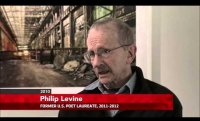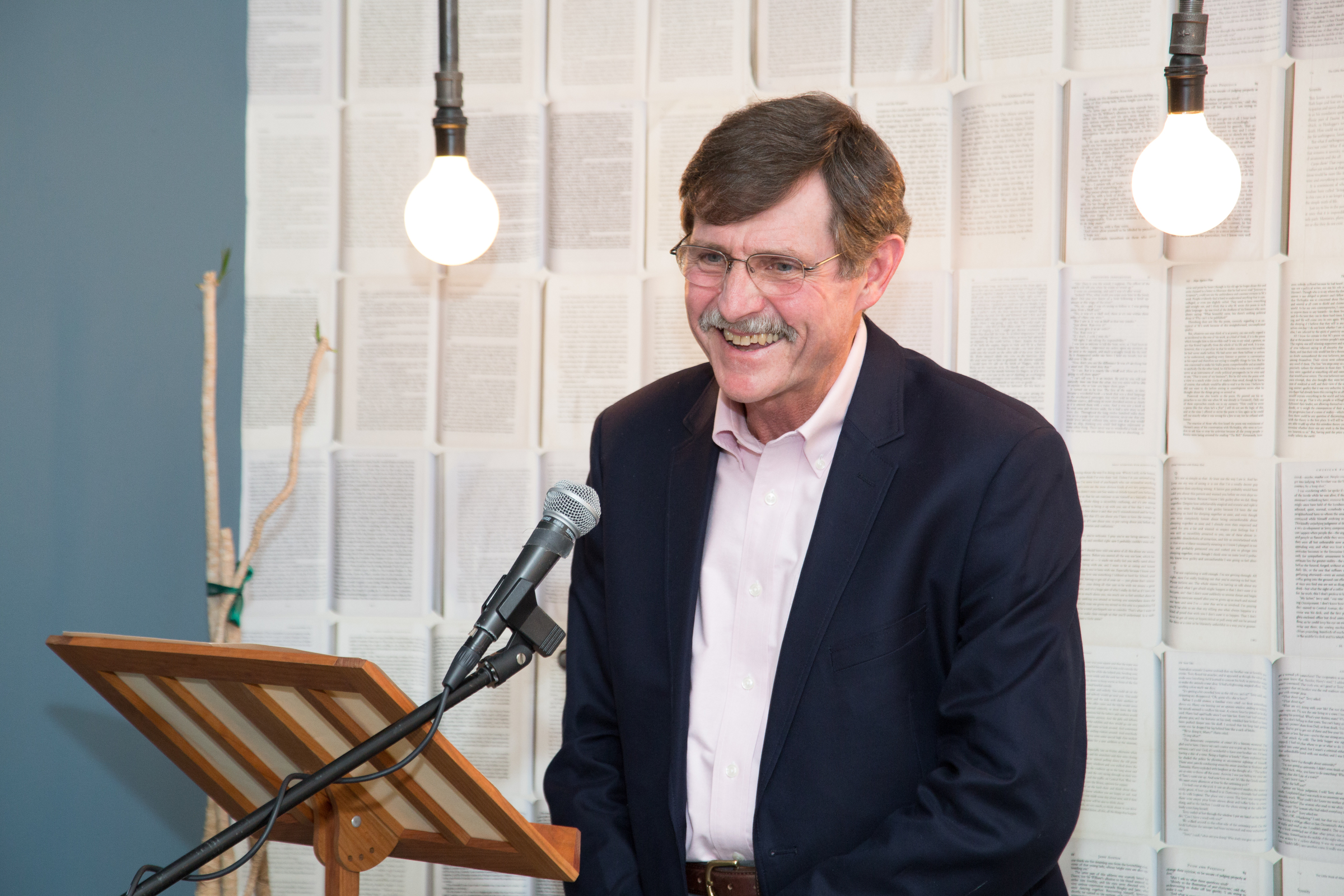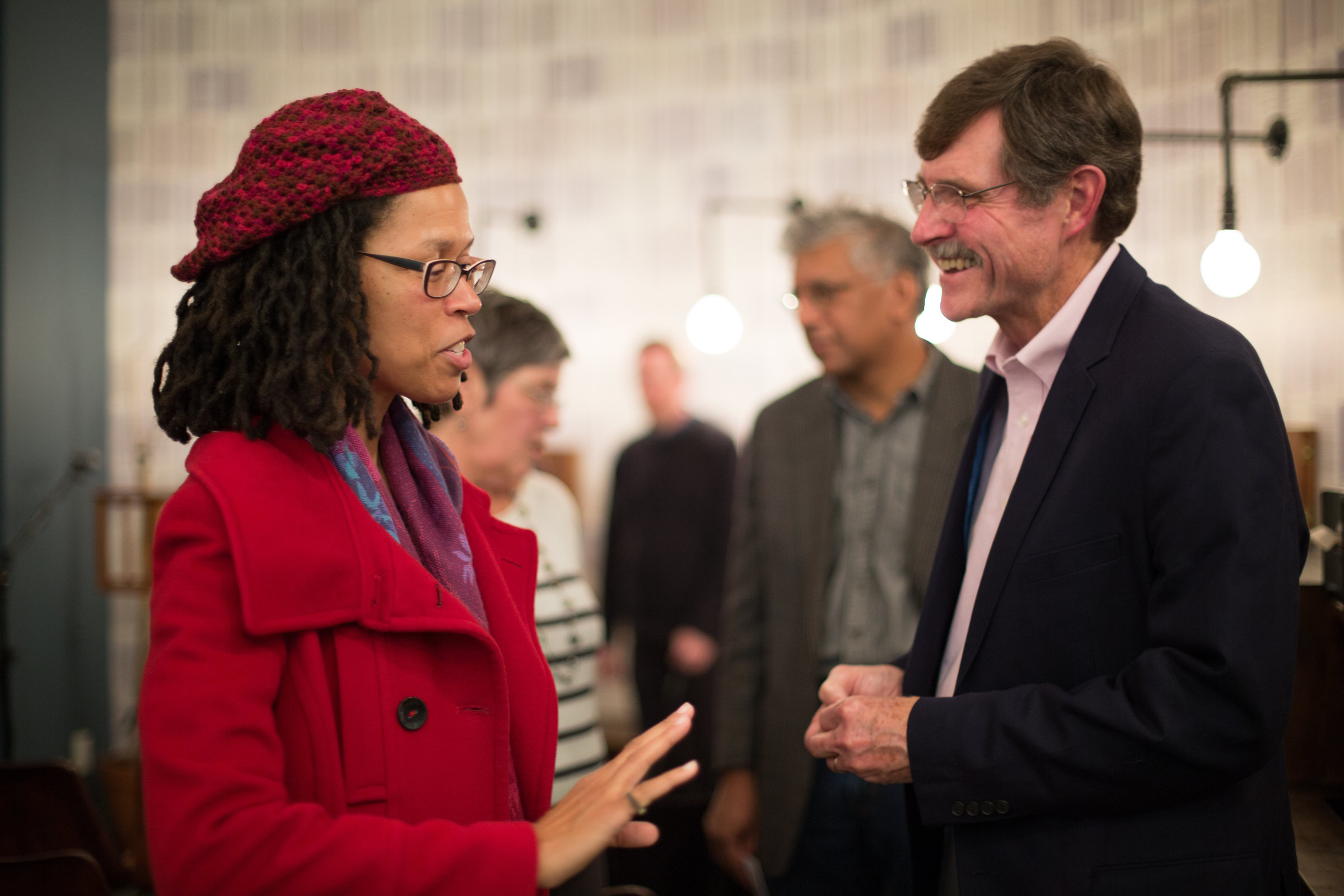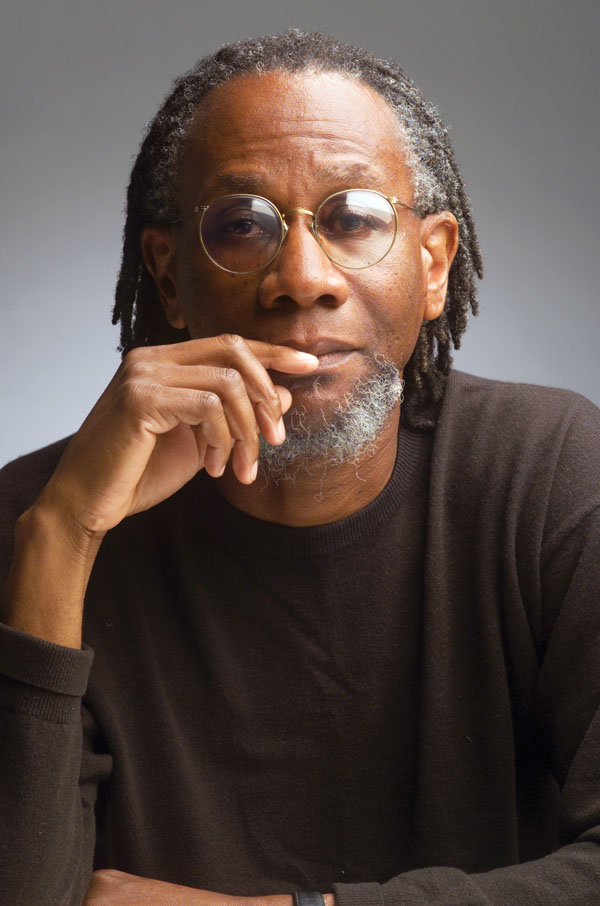Tung-Hui Hu is the author of three books of poetry, including Greenhouses, Lighthouses (Copper Canyon Press, 2013) and a forthcoming book on digital culture, A Prehistory of the Cloud (MIT Press, 2015). He is an assistant professor of English at the University of Michigan and a 2015 NEA fellow in literature.
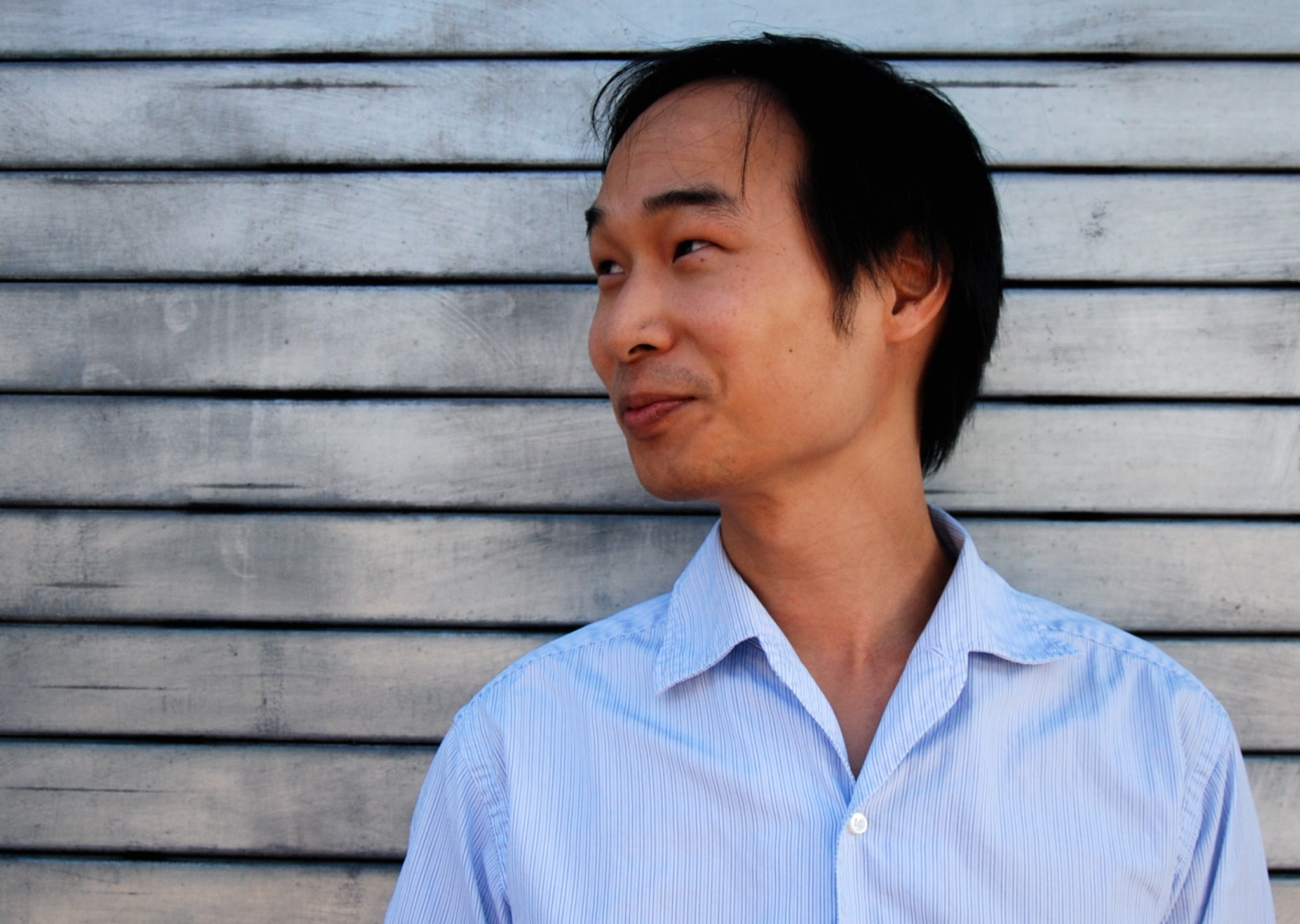
I have an innate gift for making almost any situation awkward, particularly around writers and other celebrities. This makes me uniquely able to appreciate and receive awkwardness. After reading my poetry, I have sometimes been given tips on how to improve my readings for the future. I have watched excitedly as an audience member approaches me, and then asks for the location of the bathroom. It has not all been bad news, though; I think I have been propositioned a few times, but again—that awkwardness thing—I am not entirely sure.
But maybe awkwardness is another name for doing things differently, being able to walk through a door into a mysterious room where everyone is playing a card game and you don’t know the rules, but it doesn’t matter: you sit down anyway and play. Writers who work with hybrid genres or forms know what I am talking about. As I discovered in a recent P&W-sponsored reading at Wayne State University, younger writers have this sensibility, too.
Let me describe the scene for you: I walk into a Gothic Revival tower in Detroit and get in the classiest elevator I’ve ever seen. It’s noon. Wayne State was traditionally a commuter campus, so their events tend to be in the middle of the day, when more students are around. At a time when the boosters and the mortgage execs are having their power lunches downtown and downstairs, I find a room crowded with aspiring writers: some work in fiction, some nonfiction, but many, I learn, are simply undecided.
The English department has taken over the offices of the former Maccabees insurance company—with all this marble from the 1920s around us, it is enough to make anyone awkward. And yet, I am introduced in the same breath as the next person in the reading series, an actor from the TV show The Wire, which immediately makes the audience brighten up. It puts me at ease, too—for an hour, there’ll be no need to draw a line between serial TV versus poetry, or even fiction versus nonfiction. This is probably why, after I read a prose piece about an abandoned lighthouse, the students don’t bother to ask, “What is it?” Instead they ask: Where is the island, what did you see there, what did you find? Looking out the window, I realize the audience and I have found ourselves another island—this one of our own making, floating ten stories above Midtown Detroit.
Perhaps, in the way that an itch is a lesser version of pain, awkwardness is a smaller and even pleasurable version of discomfort: a signal, perhaps, that reveals something deeper about fitting in just enough, but not entirely. Perhaps this is what happens when you grow up a “model minority,” or when you think too much about what other people want—and you don’t quite give it to them. After years of practice, I still don’t know what awkwardness is, but I do know that poetry readings don’t come naturally to me. We have fun anyway. To R. A. in Mesa, Arizona, whose conversation with me after the reading was so engrossing that I signed and dedicated the book you bought, “For Tung-Hui Hu,” I’m sorry! I’ll buy you another copy.
Photo: Tung-Hui Hu. Photo Credit: Elizabeth Bruch
Support for Readings & Workshops events in Detroit, Michigan is provided by an endowment established with generous contributions from the Poets & Writers Board of Directors and others. Additional support comes from the Friends of Poets & Writers.





